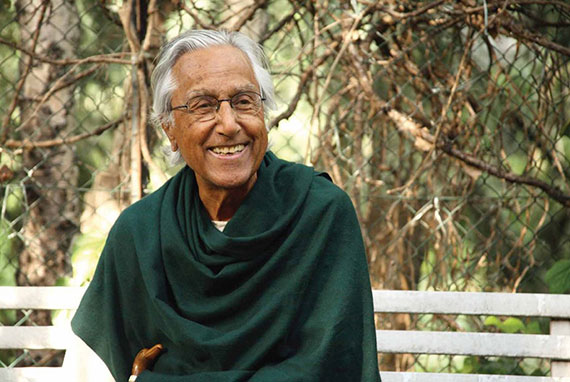Azadi ka Amrit Mahotsav Kolkata event honours four Clergymen
Pope Francis asks businesses to support working women: They’re ‘afraid to get pregnant’
Study: Christianity may lose majority, plurality status in U.S. by 2070
Indian politician declines Magsaysay Award under party pressure
Like John Paul II, Pope Francis heads to Kazakhstan during time of war

In a world of globalization, where the cultures, religions, languages and races interact and intersect freely, the question of Christian identity has become very crucial. Some think that the Christians must live their identity clearly to the extent that they form a separate society with its own external structure, code of conduct, laws, customs, etc. different from other groups. To some others, such a venture seems to be theoretically ridiculous and practically impossible because when Jesus instructed the twelve to make disciples of all nations he did not mean to establish a ghetto community with a uniform brand of symbols, rituals and codes. The underlying question is what we mean by identity, and especially Christian identity.
Etymologically the word identity comes from the French word, identité and from the Latin word identitas meaning ‘sameness of essential or generic character in diverse instances.’ The synonyms used in its place are distinctiveness, uniqueness, essence, character, etc.The concept of identity is fundamental to life because without it we cannot distinguish one thing or a person from others. If all things are identical how can we count things and understand persons individually? Identity is the relation that each thing has to itself and to nothing else.
In the West, the discussion on uniqueness is based on the principle of individuation: how is a reality distinguished from other realities. The underlying belief in the West is, what makes something different from the other constitutes the specificity of reality. But the scholars of the East are against defining identity uniquely in terms of individuation because uniqueness consists of two factors: individuation and commonality. God creates a person in the same essence of the co-humans and at the same time his/her humanness is shaped with specific traits proper to one’s original context. If one sacrifices his/her individuality for the sake of belonging to the group it will lead to the destruction of his/her identity. Likewise, if one affirms individuality at the expense of parity with co-humans s/he will become a freak animal. The individuation and commonality are results of God’s creative act and hence both are to be taken into account in the question of uniqueness.
Raimundo Panikkar has developed two ways of determining the identity. Based on the principle of non-contradiction, he says, one can reach the identity of a thing or a person by defining the differences between that particular thing or person and the rest of the world. The unit a is all the more a when it is not non-a. Here identity is defined in terms of differentiation. Identity can also be considered from the principle of identity. In this case a is all the more a when it is like b. Here identity is defined on the basis of unity. Consequently, the Christian identity need not be seen in contrast with the non-Christian entities. A Christian can be an authentic Christian without being distinguished from a non-Christian. This is possible because the identity does not lie in any external factor but in the internal consciousness of one’s own being and such an identity is not threatened when one is in communion with others.
The liberal theologians of the 19th century tried to cull out the Christian essence in its pure form from the Holy Bible through the phenomenological approach: process of delinking the essentials from the non-essentials. Such an attempt presumed that there existed an original text prior to the testimonies we have in the gospels and the epistles. But the studies showed that the Christian life attested by Bible is already an enculturated one and an abstract Christianity as such does not exist anywhere. The Christian message has adopted the dominant culture of its place of origin whether it is Semitic or Greek. It is illusive to wish to return to an original Christianity beyond all doctrines and interpretations. Given the principle of differentiation and resemblance what would be the essential features of Christianity is the concern of our following investigation.
Leave a Comment